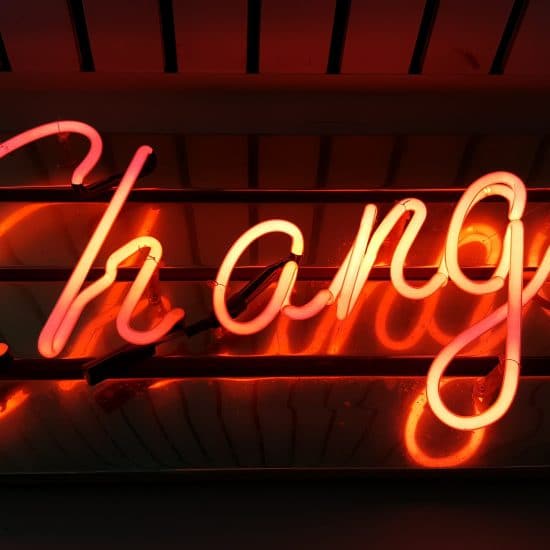Demonstrations in Egypt and in other nations across the Middle East are a phenomenon that merits observing. It is impossible to judge the ultimate outcome in Egypt and other nations but one gets the sense that a new era in history might possibly be unfolding.

Bill Webb
|
What isn't clear is whether the result in particular nations will be solidification of the status quo — and it may well be in some places — or significant change. Will the Hosni Mubarak regime in Egypt remain intact, or will the longtime head of state be required to step down, following the example of deposed President Zine el-Abidine Ben Ali of Tunisia? The Tunisian leader was toppled when a young man became so frustrated by endless hassle that he set himself afire and sparked the rout of Zine el-Abidine, whose out-of-country assets were quickly frozen.
That young Tunisian, Mohamed Bouazizi, who sold vegetables on the street for a living, was forced by police to halt his business because he did not have a proper permit. The 26-year-old university graduate had been frustrated by the lack of jobs available to people like him. His family suggested his suicidal act of defiance was out of character for Bouazizi, but not his courage to act.
The young man sparked protests all over the Middle East, as well as a number of copycats, who tried to recreate his influence through self-immolation. For Bouazizi, it was identification with his plight – not with his act of setting himself afire — that sparked public outrage and prompted a rather quick overthrow of the president. And the circumstances are a common denominator across the Middle East and in other parts of the world.
It should be fascinating to Westerners that these protests playing out across the Arab world are not in the main political, nor are they motivated primarily by religion. Rather, they stem from a desire for basic dignity and opportunity sought by people in virtually every society. Being ignored has suddenly ceased to be an acceptable option. These protesters have found their voice. History has given us other examples.
The Tiananmen Square protests of 1989 and the resulting massacre focused the world's attention on the use of massive military and government force to further stifle human rights, particularly the right of protest in China.
This protest was sparked by the death of Hu Yaobang, a Party official known for tolerating dissent. By the eve of his funeral, an estimated 100,000 people had gathered in Tiananmen Square to mourn Hu. Protestors called for economic change and democratic reform from the authoritarian government.
Ironically, the most vividly recalled image of those protests was of a slight young protestor who positioned himself nose-to-nose with a massive tank. He stared down the tank. It stopped and the whole convoy ground to a halt. It was a powerful image and the defiant act was both courageous and compelling. Here was an ant facing off against an elephant.
Who can forget the fall of the Berlin Wall, separating East and West Germany and an untold number of family members from each other?
Any person who ever stood in the shadow of that monstrous wall, aware of German patrols and their dogs on the East German side, could not have imagined the day when young adults would scale it and guards lower their weapons while the massive structure was dismantled in an event that seemed more like a party than a protest.
Sometimes the time is right for something unexpected to happen. Often the unexpected reverses generations of oppressive behavior and sometimes brings hope to otherwise hopeless circumstances. At the very least — ultimately for better or for worse — the unexpected brings change. Usually, such change comes at a price. And usually the price is human life.
What also is true is that sometimes change finally happens because of the contributions and sacrifices of others over the years and from generation to generation. The cumulative effect is the realization of dreams perhaps held by people no longer on the scene to see them come true.
What of the Middle East and the current protests? Who can know? Can there be breakthroughs in this part of the world where they are least expected? The obvious answer is yes, even though few could possibly envision what such breakthroughs might look like. Might nothing of lasting significance come out of all this? Of course, that is the expected pattern after centuries upon centuries of predictable outcomes.
Such scenes as those playing themselves out on television newscasts and other news sources should at least prompt hopes and prayers for peace and a prosperity that extends to those unfamiliar with it. Perhaps it is a sad commentary that changes for good are usually the least expected and most surprising.
Bill Webb is editor of Word&Way.



